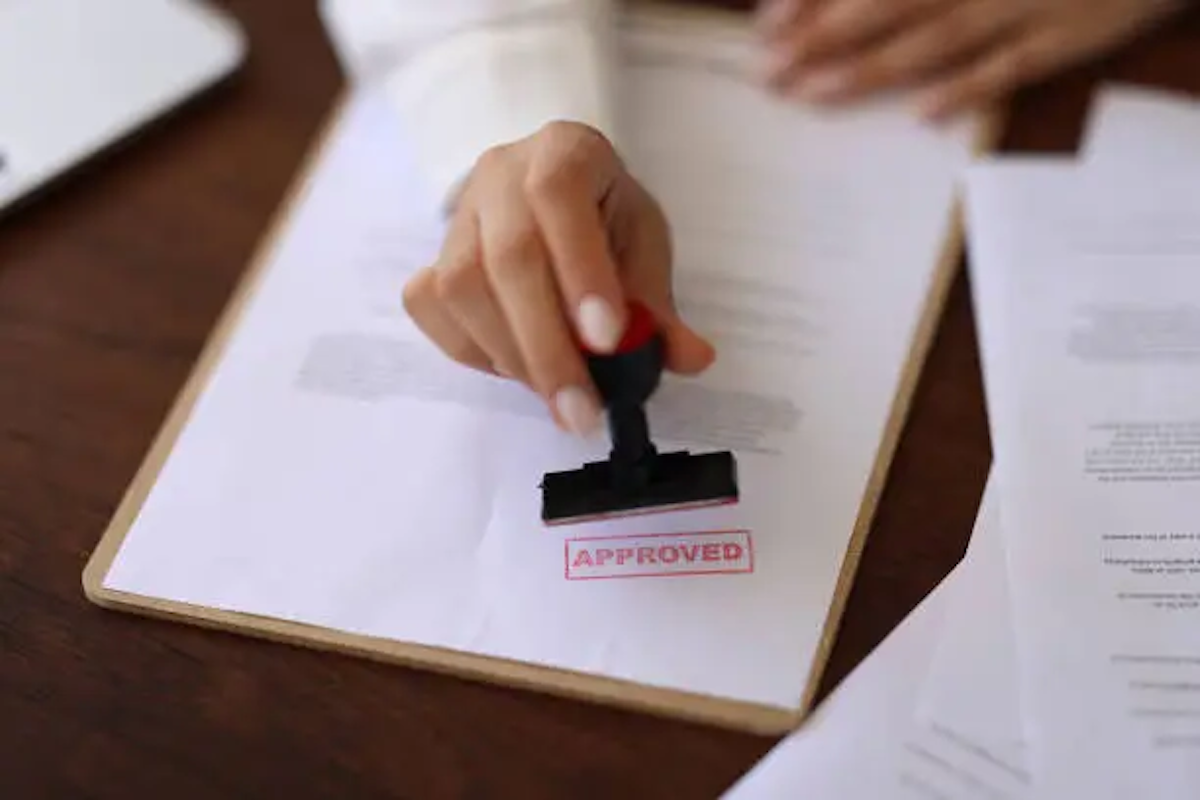How to Obtain Your Catering Liquor License for Major States
Serving alcoholic beverages in your catering business is a fantastic way to expand your service line, attract new and different clients, and...
Platform
Combining online ordering, loyalty, omnichannel messaging, AI insights, and payments in one platform. Paytronix delivers relevant, personal experiences, at scale, that help improve your entire digital marketing funnel by creating amazing frictionless experiences.
A Complete Customer Experience Platform
Online Ordering
Acquire new customers and capture valuable data with industry leading customization features.
Loyalty
Encourage more visits and higher spend with personalized promotions based on individual activity and preferences.
Catering
Grow your revenue, streamline operations, and expand your audience with a suite of catering tools.
CRM
Build great customer relationships with relevant personal omnichannel campaigns delivered at scale.
Artificial Intelligence
Leverage the most data from the most customer transactions to power 1:1 marketing campaigns and drive revenue.
Payments
Drive brand engagement by providing fast, frictionless guest payments.
Solutions
We use data, customer experience expertise, and technology to solve everyday restaurant and convenience store challenges.
Contactless Experiences
Accommodate your guests' changing preferences by providing safe, efficient service whether dining-in or taking out.
Customer Insights
Collect guest data and analyze behaviors to develop powerful targeted campaigns that produce amazing results.
Marketing Automation
Create and test campaigns across channels and segments to drive loyalty, incremental visits, and additional revenue.
Mobile Experiences
Provide convenient access to your brand, menus and loyalty program to drive retention with a branded or custom app.
Subscriptions
Create a frictionless, fun way to reward your most loyal customers for frequent visits and purchases while normalizing revenues.
Employee Dining
Attract and retain your employees with dollar value or percentage-based incentives and tiered benefits.
Order Experience Builder
Create powerful interactive, and appealing online menus that attract and acquire new customers simply and easily.
Loyalty Programs
High-impact customizable programs that increase spend, visit, and engagement with your brand.
Online Ordering
Maximize first-party digital sales with an exceptional guest experience.
Integrations
Launch your programs with more than 450 existing integrations.
Loyalty Programs
Deliver the same care you do in person with all your digital engagements.
Online Ordering
Drive more first-party orders and make it easy for your crew.
Loyalty Programs
Digital transformations start here - get to know your guests.
Online Ordering
Add a whole new sales channel to grow your business - digital ordering is in your future.
Integrations
We work with your environment - check it out.
Company
We are here to help clients build their businesses by delivering amazing experiences for their guests.
Meet The Team
Our exceptional customer engagement innovations are delivered by a team of extraordinary people.
News/Press
A collection of press and media about our innovations, customers, and people.
Events
A schedule of upcoming tradeshows, conferences, and events that we will participate in.
Careers
Support
Paytronix Login
Order & Delivery Login
Resources
Learn how to create great customer experiences with our free eBooks, webinars, articles, case studies, and customer interviews.
FlightPaths are structured Paytronix software onboarding journeys designed to simplify implementation and deliver maximum ROI.
See Our Product In Action
E-Books
Learn more about topics important to the restaurant and c-store customer experience.
Reports
See how your brand stacks up against industry benchmarks, analysis, and research.
Blog
Catch up with our team of in-house experts for quick articles to help your business.
Case Studies
Learn how brands have used the Paytronix platform to increase revenue and engage with guests.
Is your brand tapping into these three unshakeable pillars of guest loyalty in 2025?
9 min read
Apr 28, 2025

Launching a restaurant is exciting! It's also extremely overwhelming.
You must create a business plan, secure a good location, map out your menu, hire and train employees, and market your new venture—it's a lot. It's so much, in fact, you might forget about the various licenses and permits you need to obtain. We're here to help.
In this article, we'll cover the important legal documents you need, from your restaurant business license to special events permits, how to get them, and more. 
Your restaurant needs a fleet of licenses and permits to operate legally in the United States. We're going to list them for you. But first, let's talk about why compliance is essential.
Your restaurant should be fully compliant before it opens. This will help ensure safety for guests and build trust within your community. It will also keep you out of trouble with local authorities, help you avoid costly fines, and prevent potential delays and shutdowns.
Lastly, permits and licenses are often required to hire employees, order goods from suppliers, and engage in marketing campaigns. So, you can't accomplish these tasks until you have the legal documents. In short, there's no legitimate reason to postpone compliance.
As mentioned, there are many restaurant licenses to obtain. Don’t let this discourage you from pursuing your new venture! Instead, start with these seven core documents.
Let's dig deeper into restaurant-specific permits needed to operate legally. These six documents are non-negotiable. Make sure you have them before opening day.
Many restaurant licenses and permits revolve around health and safety. It makes sense. Your new venture will serve food, after all, which can have a serious effect on guests' wellbeing. Here are the main health and safety restaurant permits you'll need to obtain.
Unless you plan to run a ghost kitchen out of your home, you'll need building, zoning, and signage permits. Focus on these five things, as they're required in most states:
You can drive a lot of revenue with alcohol and entertainment. But before you stock the bar and/or book a band, make sure you have your restaurant licenses and permits in order.
You need a liquor license to serve alcohol in your restaurant. To get one, contact the Alcohol Beverage Control (ABC) Board in your state and learn how to apply. Before you do that, though, you should decide what type of liquor license you need. Here are the options:
Keep in mind that it can take several months to receive a liquor license. So, we suggest applying for yours as soon as possible. Also, understand that liquor licenses can be revoked. You need to maintain compliance so you don't lose yours, which could lead to costly fines and a drop in revenue.
Walk into any restaurant in the United States and you'll hear music. It makes sense. The right melodies can set the appropriate mood and enhance the guest experience. Guess what—you need a special license to play other peoples' songs in your establishment. You need one to host live events, too. Let's cover the entertainment-related permits you should apply for.

Your restaurant needs a lot of licenses and permits to operate legally in the United States. How do you get all of them in a timely manner? These tips will help you make it happen.
Different areas have different local governments, each with their own laws and regulations. Thoroughly research the requirements for each license and permit you need in your area. That way you aren't surprised by anything and can supply necessary documents. The SBA, Chamber of Commerce, and National Restaurant Association are great resources.
Restaurant licenses and permits cost money. You can speed up the application and approval process by budgeting for these expenses, paying the required security deposits, and tackling other financial hurdles.
We also suggest taking a strategic approach to timelines. For example, liquor licenses can take months to receive. Prioritize budgeting for this license first so that you can start the application process at the beginning of your licensing journey. Doing so will help avoid delays.
Finally, if you have the funds, work with a qualified professional to help you obtain all the licenses you need. A legal expert, permitting guru, or even a local restauranteur who's been through the process can be invaluable.
They'll help you avoid application mistakes, poor budgeting plans, and other issues. The federal government has a lot of regulations for restaurants. Then there are city-specific rules to follow. A guide will help ease the burden of applying for common licenses, locking down additional permits, and passing final inspections.
Congratulations, you have the licenses and permits you need to operate your restaurant legally in the United States! Now what? Well, besides actually running a profitable business, you need to update your licenses and permits when needed. Here are a couple of tips to help.
Most licenses and permits need to be renewed annually or semi-annually. You might need to pass periodic inspections as well, to make sure your restaurant meets local requirements. It's your job to know which licenses and permits need to be renewed and when. Make sure you don't forget, or you could be subject to fines, temporary closures, or worse.
As mentioned, you might have to pay a heavy fine. Worse, the government has the power to shut your restaurant down. At the very least, you'll lose trust with your target customers. Customers are unlikely to return to a restaurant with a failed health inspection. You'll probably lose revenue, too. If you let your liquor license expire, for example, your restaurant won't be able to sell alcohol anymore.
Since alcohol usually has 70-80% profit margins, this could seriously hurt your bottom line. Good news: you can often fix expired license issues quickly by being proactive and contacting your local authorities. Then follow their directions.
There's a lot to know about restaurant licenses and permits. Here are more common questions.
No, you don't need an LLC to open a restaurant, though this business structure is common because of the legal protections it affords the restaurant owner. Other business structures to consider include sole proprietorship, partnerships, cooperatives, and corporations. The structure you choose will depend on your restaurant's city and unique situation.
It depends on many factors. Where is the establishment located? Does the restaurant's building receive a lot of foot traffic or is it off the beaten path? What's the plan for marketing? How good is the food and service? Is the eatery selling alcohol? Does the owner know how to run a successful business? Each of these things can impact profitability.
It depends on your exact location and the kind of establishment you want to start. For example, it will be cheaper to start a food truck business in Alabama than a fine dining restaurant in California. The requirements for each are wildly different. Do in-depth research to learn about food vendor application requirements and costs, how much your rent will likely be, and what you'll need to spend on ingredients and staff. But plan on $200k or more.
Ghost kitchens, sometimes referred to as virtual restaurants, operate digital storefronts. Customers order food online, which is then prepared in a private commercial kitchen and delivered to the customer's home. Ghost kitchens are perfect for entrepreneurs who need to minimize startup costs and want to focus on cooking, not providing a full customer experience.
The general process of opening a small restaurant looks something like this:
You need restaurant licenses and permits to legally operate a food establishment in the US. Fortunately, after reading this article, you know which ones to get and how to get them.
One more thing: we suggest building a checklist and timeline for these permits and licenses before you sign a lease or hire staff. That way you don't lose money while you wait for approval.
Now that you're equipped with the essentials, explore digital tools and guest engagement strategies with Paytronix. Book your demo today. 

Serving alcoholic beverages in your catering business is a fantastic way to expand your service line, attract new and different clients, and...

Getting your catering business license might sound like another checkbox in the business launch process, but it’s the very foundation of your...

Restaurants have had their fair share of ups and downs, and it’s no surprise that 2025 brings new challenges. Rising food costs, supply chain issues,...